Only fools doubt the genius of Shakespeare
Barbs at the Bard are mere insecurity that a man 400 years ago could teach us about being human.
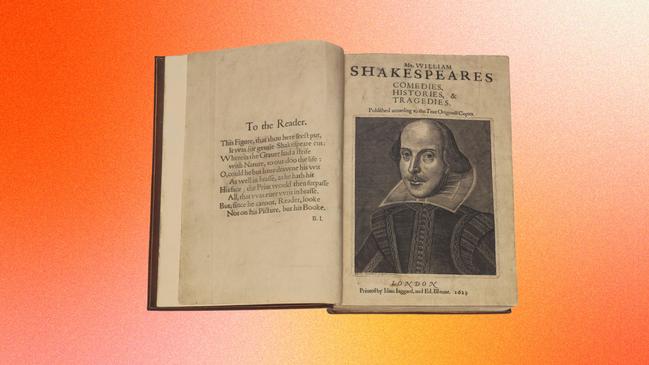
This week marks the 400th anniversary of what is plausibly the greatest book ever published. There is no volume denser with genius than Shakespeare’s First Folio. His collected plays contain the greatest poetry and prose in the English language. Probably any language. They are also our greatest treatise on the operation of power, our subtlest account of human character, our most profound work on death and our best philosophy of love. If you follow the critic Harold Bloom in crediting Shakespeare with the “invention of the human” – and I’m willing to go at least some of the way with him – then the First Folio is the founding document of modern consciousness.
Shakespeare’s pre-eminence has always inspired envious hostility. The novelist Leo Tolstoy (who suffered the unique frustration of being a near-Shakespearean genius) professed to find only “repulsion, weariness and bewilderment” in the plays. Shakespeare’s reputation survived. But in the 21st century the great man cuts a beleaguered figure. He is increasingly absent from our universities. English literature degrees are haemorrhaging students. Those that remain are less likely than ever to read Shakespeare – for the first time no American Ivy League literature course requires its students to study his works. The playwright himself is damned as the ultimate symbol of the pale, male and stale past. Claims for his universal genius are alleged to represent the worst of western cultural hubris.

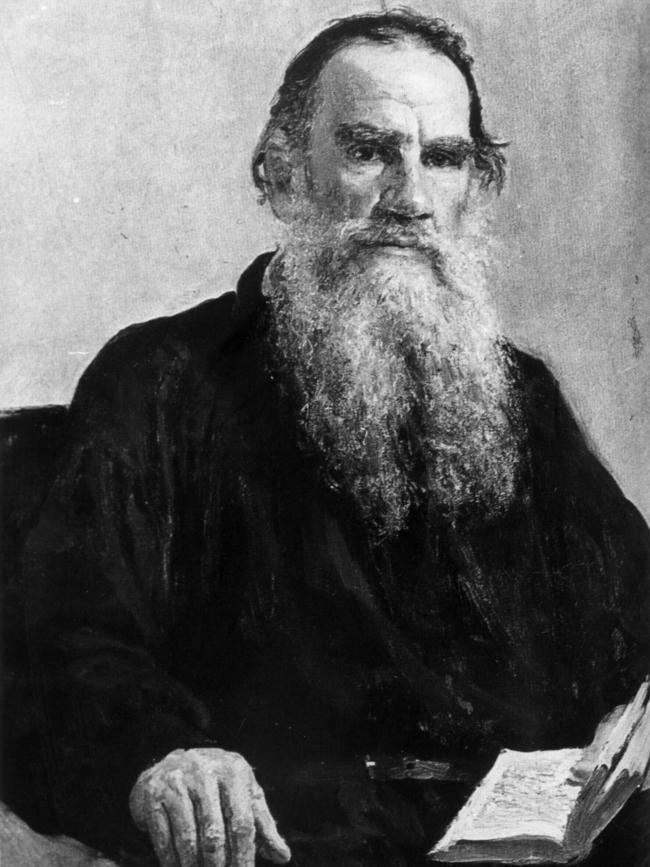
The greatest recent indignity was the revelation that the cryptocurrency fraudster Sam Bankman-Fried believed that Shakespeare couldn’t be literature’s greatest genius on the unimprovably asinine grounds that “the Bayesian priors are not very favourable”. Statistically, Bankman-Fried explained, our best writer should have emerged at a time of high literacy, high population and high average wealth – ie right about now. Perhaps the next Shakespeare is already here: the American essayist Richard Hanania speculated that he could write to a Shakespearean standard given a year’s intensive practice.

Shakespeare’s strange and unclassifiable genius has always offended small-minded know-alls, especially believers in the inevitable and total superiority of the present. The urbane critics of the 18th century patronised Shakespeare as promising but not quite civilised – an untutored talent who lacked the sheen of sophistication he would doubtless have acquired had he been fortunate enough to live through the Enlightenment. As intelligent a man as Dr Johnson felt it necessary to make excuses for Shakespeare as the product of an age “yet struggling to emerge from barbarity”. Later, the infamous Thomas Bowdler edited an uber-polite The Family Shakespeare (1807), which helpfully cut all the lines (and there were lots) that offended the genteel sensibilities of the 19th-century bourgeoisie.
Perhaps no era has been as smugly convinced of its moral and intellectual superiority as our own. Bowdler is doubtless smiling up at his modern inheritors who upbraid a 16th-century glove-maker’s son for failing to anticipate the racial and gender politics of today. An actor friend was once solemnly informed of the potentially problematic nature of the line, “black Macbeth/ Will seem as pure as snow”. A recent production of Romeo and Juliet at the Globe featured a trigger warning for its “depictions of suicide, moments of violence and references to drug use”.
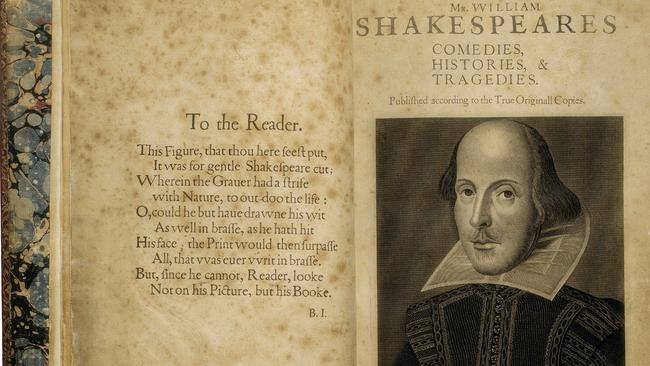
To those unable to see beyond the self-satisfied preoccupations of the present, the mere fact that Shakespeare lived 400 years ago is disturbing. Hanania writes that “demystifying Shakespeare should be part of a larger project to emphasise how much worse the past was on nearly every dimension”. He cites a paper which purports to demonstrate that the quality of “cultural products” increases in line with improving “living standards”. No California tech bro wishes to feel like a benighted Anglo Saxon wandering through the ruins of a Roman temple, pondering the unrepeatable achievements of the past. It would prompt a thought too disturbing to contemplate: what if we don’t have all the answers? I suspect Bankman-Fried and Hanania, the products of a culture dedicated to the worship of science and technology, are offended by the fact that the greatest genius of our species is a writer. A humanities guy! Clearly, if Shakespeare really was as brilliant as everyone says, he would have invented NFTs or founded a cryptocurrency exchange. Because civilisation attained its all-time apogee in the tech-fuelled capitalism of the San Francisco Bay Area in the early 2020s.
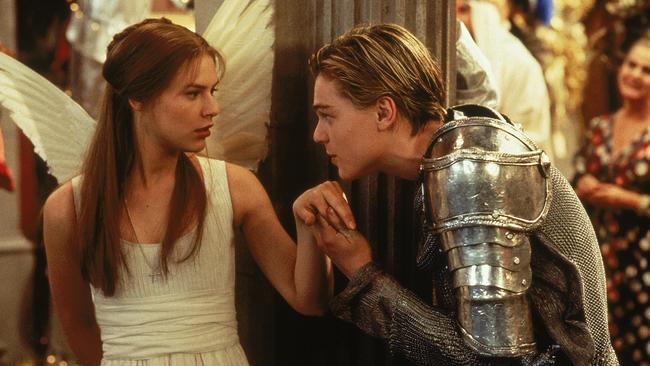
It is only another version of the small-mindedness that afflicts those mortally offended by Shakespeare’s problematic treatment of race and gender. If he flunks the all-important moral tests of the 21st century, then obviously he should be removed from literature courses. What other factors could possibly be relevant?
Of course, the marvellous, extravagant fluke of Shakespeare’s genius only reveals our smallness, not his. Shakespeare’s multifariousness, his eerie habit of knowing everything about human beings and from every angle confounds the shortsighted certainties of modern moralists and technologists. The only way to approach Shakespeare is with humility and curiosity – to be open to the disturbing knowledge that a man from 400 years ago might have something strange and interesting to teach us about being human. Those who barge in with an insecure determination to come off better from the confrontation are doomed to reveal themselves as fools. One consolation, at least: for the rest of us the spectacle is hilarious.
The Times

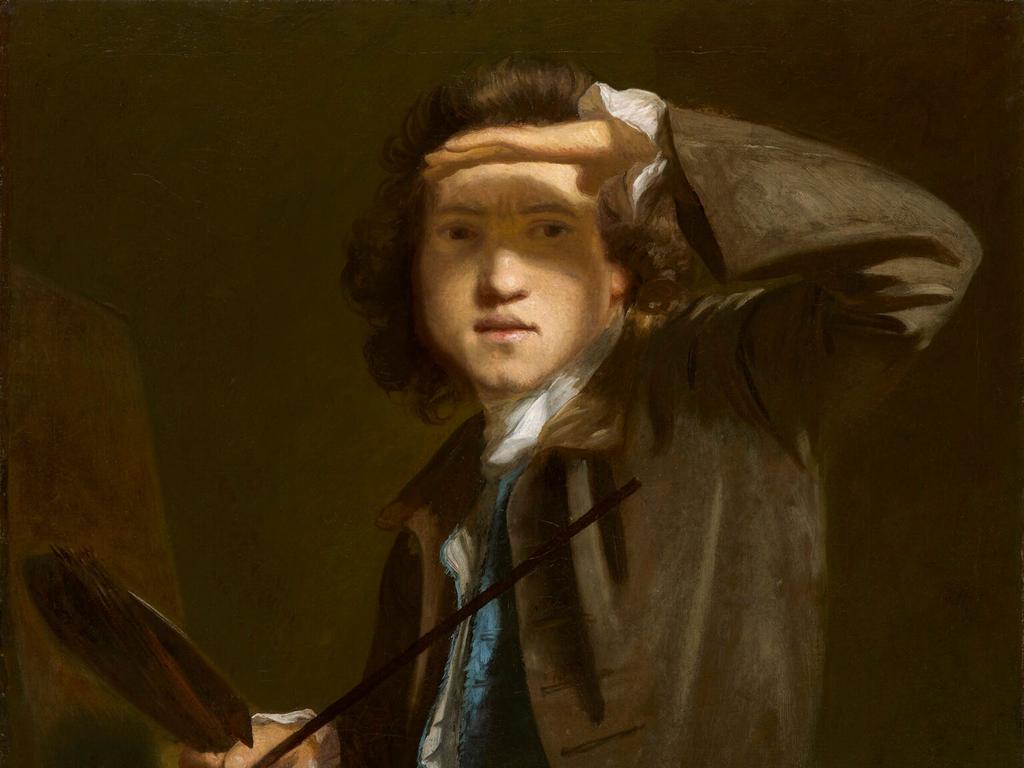
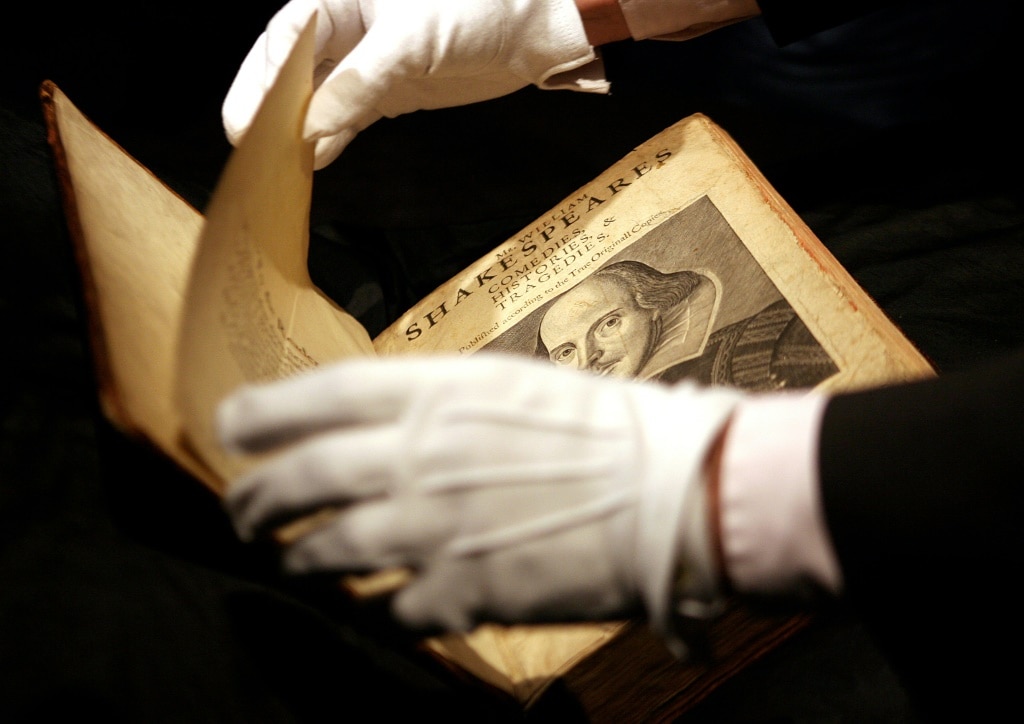
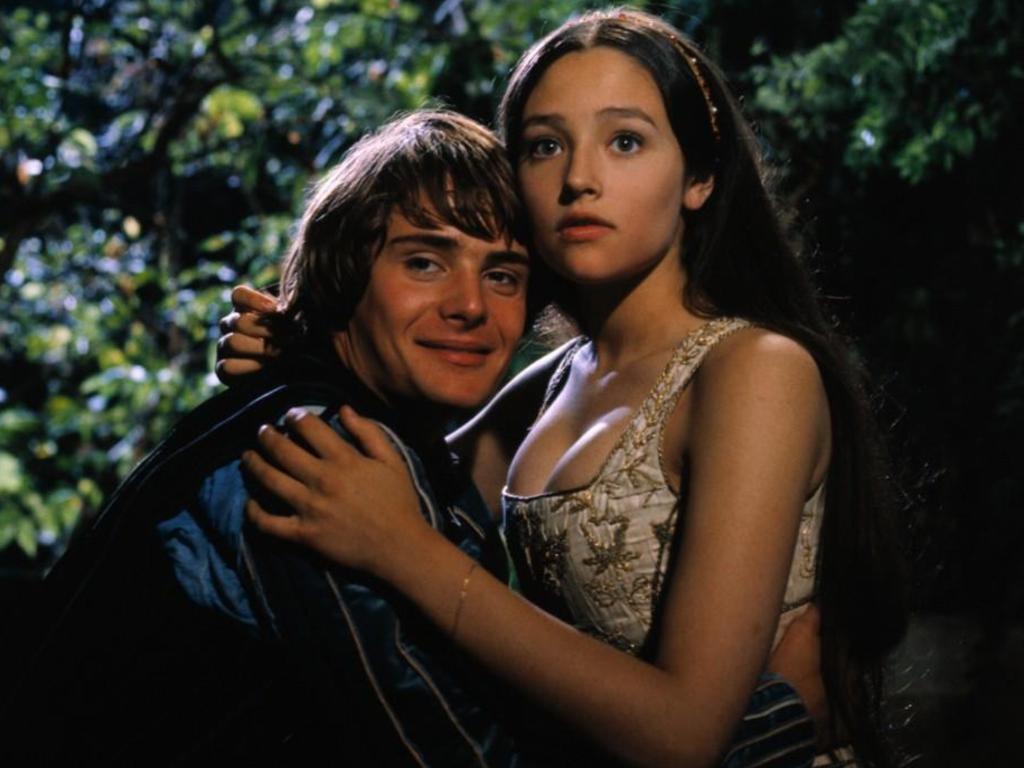

To join the conversation, please log in. Don't have an account? Register
Join the conversation, you are commenting as Logout